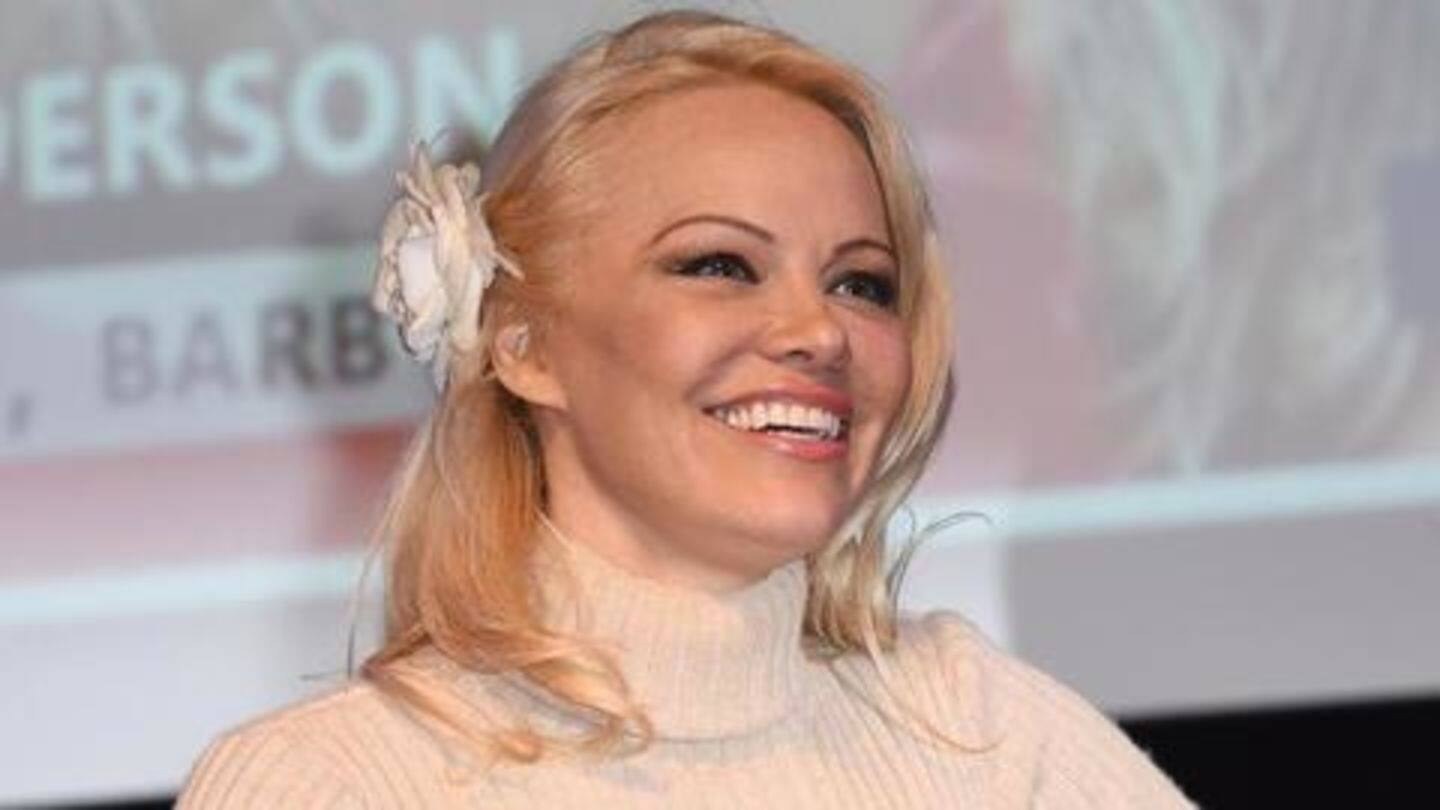
Pamela Anderson criticizes #MeToo, says it is a 'bore'
What's the story
Pamela Anderson, famous for her role in 'Baywatch', is outspoken about most matters and leads a carefree life. She recently spoke up about the #MeToo movement, slamming it, while interviewing with '60 Minutes Australia'. The actress said that she perceived the need for the movement sprung from a lack of 'common sense', despite acknowledging the serious nature of the matter. Here's what she said.
Pamela's views
Pamela's take on the boring third wave of feminism
Pamela quipped that she might be killed for her views, but shared that she believed feminism could go too far. Despite being a self-proclaimed feminist, she said that the third wave of feminism was boring and ended up paralyzing men who were afraid to approach women. She concluded, "I think that this #MeToo movement is just a bit too much for me, I'm sorry".
Twitter Post
Check out Pamela's interview here
“Feminism can go too far. I'm a feminist, but I think that this third wave of feminism is a bore. I think it paralyses men.” Pamela Anderson criticises the #MeToo movement, warning women to use “common sense” @PamFoundation #60Mins pic.twitter.com/6dUmvbueRu
— 60 Minutes Australia (@60Mins) November 4, 2018
Opinion
The problem with Pamela's views
The immediate reaction to Pamela's views is to correct her about her stance regarding third wave feminism. While the first two waves addressed patriarchy and their social implications, the third wave addresses the exploitative power dynamics in society, that patriarchy wields. Therefore #MeToo does not lack 'common sense' despite Pamela's belief but comes from the critical understanding that men leverage power for sexual favors.
Pamela's argument
Proposing that prevention is better than cure
While Pamela could have framed her point better, her logic is not flawed. The cover girl of 'Playboy' magazine faced abuse herself. However, she was pragmatic in situations and avoided people like Harvey Weinstein whom she called 'intimidating'. Her advice to women was to be careful during private meetings and to take someone along to meetings they were unsure about, to avoid potential harassment.
Quote
Walk in with your eyes open, says Pamela
Pamela said, "It was common knowledge that certain producers or certain people in Hollywood were people to avoid, privately. You know what you're getting into if you're going into a hotel room, alone". If agents set up meetings, they should have "sent somebody with them".